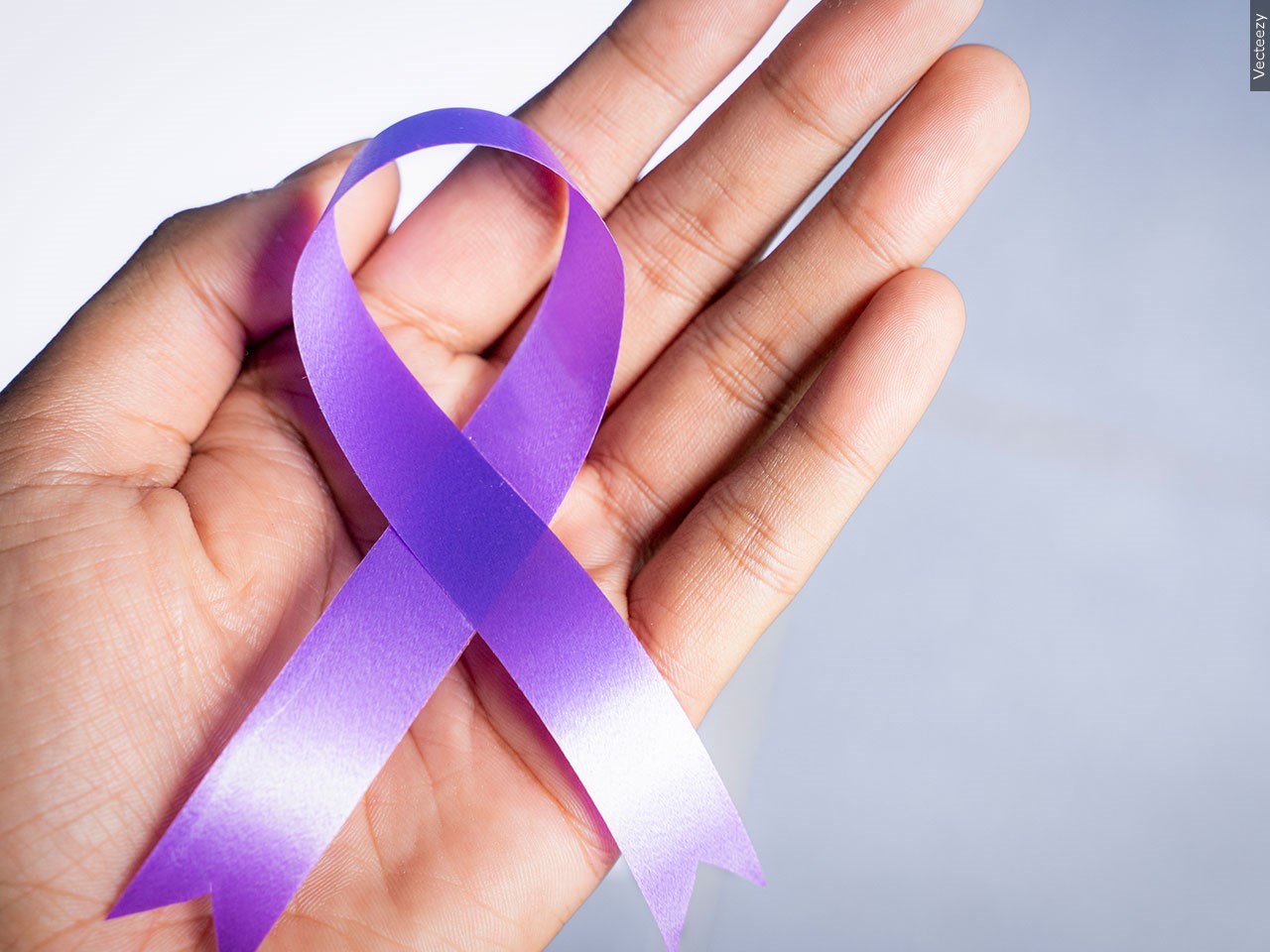Doctor urges early cancer detection

EL PASO, TX (KVIA) — February marks Cancer Prevention Awareness Month, and local doctors are stressing the importance of early detection and prevention for two cancers that impact women: cervical and ovarian cancer.
Cervical cancer is one of the most preventable forms of cancer, yet it continues to affect women across the country. ABC-7 spoke to Dr. Salvador Saldivar, a gynecologic oncologist at Las Palmas Medical Center who says the primary cause of cervical cancer is the human papillomavirus (HPV).
“It's heartbreaking when a patient goes, ‘My last pap smear was more than five years ago, and now I'm having bleeding,’” Saldivar said. “Any symptom that lasts more than two weeks and doesn't go away should be checked by a doctor.”
Common symptoms of cervical cancer include:
- Abnormal vaginal bleeding
- Pelvic pain
- Discomfort during intercourse
Saldivar recommend regular screenings to detect cervical cancer early. According to the American Cancer Society, pap smears should be done at least every three years starting at age 21 and HPV testing every five years beginning at age 30.
The HPV vaccine is also an effective tool in preventing cervical cancer. The Centers for Disease Control and Prevention (CDC) recommends vaccination for children starting at age 11 or 12, however it can be given starting at age 9.
Unlike cervical cancer, ovarian cancer does not have a widely effective screening test, making early detection more difficult. Saldivar says the disease is often referred to as the "silent killer" because its symptoms are vague and can be mistaken for digestive issues.
Saldivar warns that common symptoms include:
- Bloating
- Indigestion
- Constipation
- Frequent urination
- Weight loss
Risk factors for ovarian cancer include a family history of ovarian or breast cancer, genetic mutations, and never having children.
“Anything below the belly button that that is of concern, bleeding, bloating, pelvic pain. You should see your obstetrics and gynecology, doctor,” said Saldivar. “For ovarian cancer, make sure you get that ultrasound.”
Saldivar also said there has been advancements in treatment, helping patient outcomes “We have targeted therapies, immunotherapies, and new drugs. We also test the tumor, we do genetic testing called next generation sequencing on the tumor to tailor drugs and personalized treatment.”
Ovarian cancer most commonly affects women around the age of 62. While there is no guaranteed way to prevent it, staying informed and proactive can help improve outcomes.
